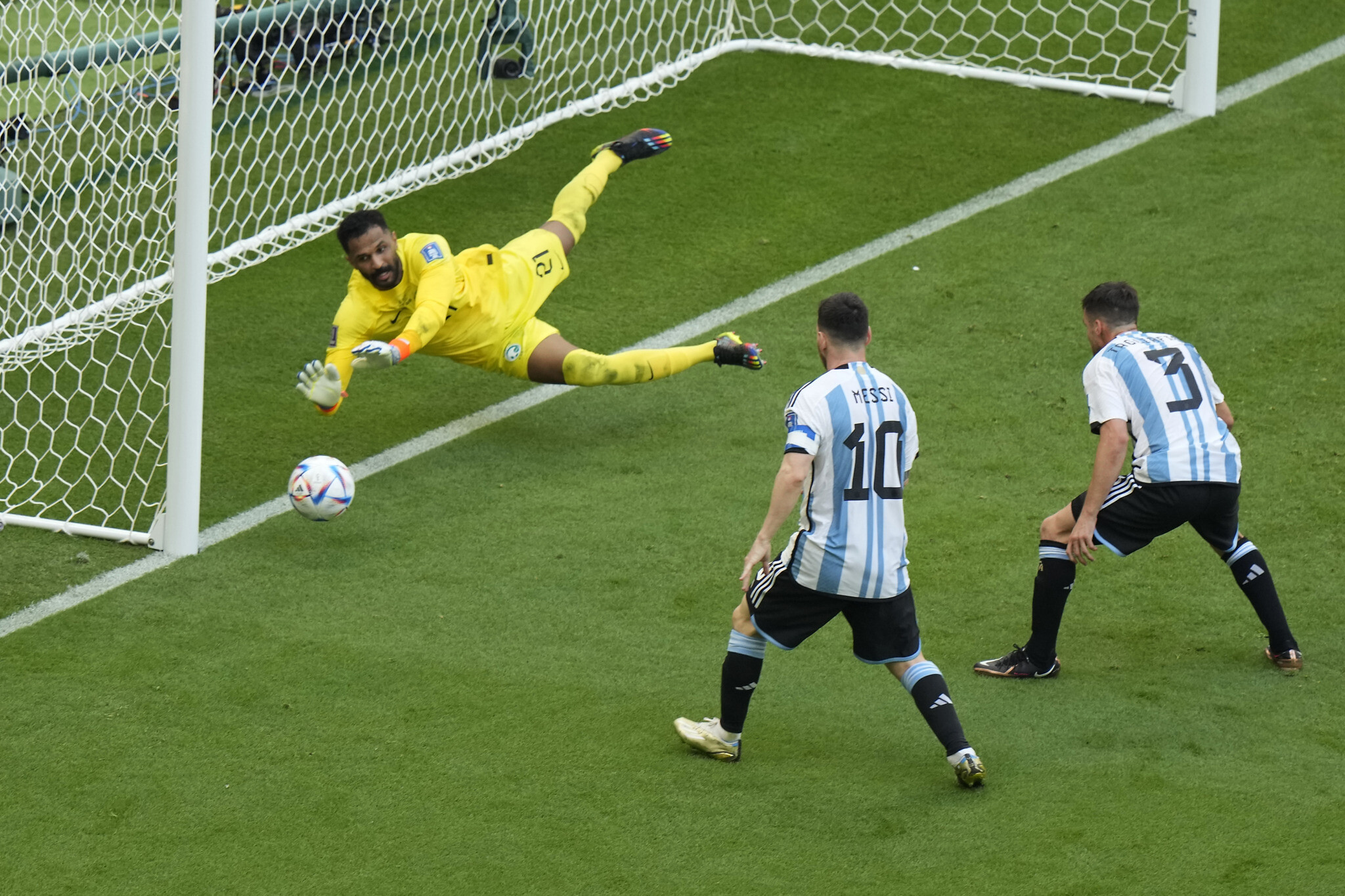At a time when the UAE refuses to take calls from US President Joe Biden, hosts Russian President Vladimir Putin, and cuts oil production during a worldwide energy crisis; many observers wonder whether the Emirates is a friend or foe of the West. All the while, the ambiguous Gulf ally has been stealthily buying influence in Washington and currying bipartisan favour strategically, to keep US policy friendly despite the UAE’s unmistakable lack of reciprocity.
Radha Stirling, CEO of Due Process International and leading Gulf expert, explains, “The UAE has become increasingly savvy about the dynamics of political influence in the United States. They have thoroughly mapped the corridors of power, and navigate them with remarkable dexterity. There is no corner in the market of influence where the UAE has not set up shop. This includes millions of dollars paid to PR firms like the Glover Park Group, Terakeet, and TRG; spending over $150 million on Washington lobbyists in the past 7 years, and over $1 billion gifted to American universities like Harvard, Georgetown, and MIT.
“The UAE has also understood that lobbying is not the only avenue for political influence in Washington, but that think tanks can be equally effective vehicles for pushing favourable policies. For example, the Emirates is among the top donors to one of the most influential think tanks in Washington, the Atlantic Council. The UAE embassy donated at least $1 million to the Council last year, according to its annual report; and the Emirates’ Ministry of Foreign Affairs and International Cooperation gave between $100,000 and $250,000 as well. The state-owned Mubadala Investment Company gave between $100,000 and $250,000 to the think tank; and the Emirates Nuclear Energy Corporation contributed between $25,000 and $50,000.
“By funding think tanks, the UAE can bypass regulations on foreign lobbyists while still essentially buying influence with politicians. Just last month the Atlantic Council organised a week-long meet-up between Emirati officials and Senate and Congressional staffers to the tune of $45,000, intended to promote policies beneficial to the UAE and to strengthen the relationship between Washington and Abu Dhabi.
“The concern is that this relationship is increasingly one-sided. Just a month after the Atlantic Council hosted congressional staffers, the UAE arrested an American citizen, Sheriff Osman, and are threatening to extradite him to Egypt because of videos he made from his home in Massachusetts critical of the Egyptian government. So, what those of us who are involved in human rights see is that the UAE is not just buying influence, they are buying impunity. The more funding they provide to universities, lobbyists, and think tanks; and the more investments they pump into Western economies; the more they feel empowered to behave despotically, defiantly, and to mistreat Western citizens.
“While the UAE is certainly one of the most adept in this area, they are not alone,” Stirling continues, “Qatar and Saudi Arabia are not far behind. The Gulf States are continuously exploring new strategies for amplifying their influence in the West. For example, many people are not aware that Qatar and Saudi Arabia helped underwrite Elon Musk’s purchase of Twitter, which could potentially impact what sort of content is allowed on the platform that relates to how those countries are portrayed to hundreds of millions of active users.
“Between their sovereign wealth funds and the money of private investors, the Gulf States have practically unlimited resources to throw around, and they are learning that Western silence and complicity is an affordable, low-risk investment with incredibly advantageous returns.”
#DetainedinDubaiDue Process InternationalRadha StirlingRadha Stirling CEODetained in Dubai#RadhaStirling#DueProcessInternationalUSAUAE Trade DealsUAE Business PartnersUSA UAE RelationsUAE Ministry of Foreign Affairs and International CooperationThe Atlantic CouncilSheriff OsmanEgyptExtraditionExtradition ExpertUAE

